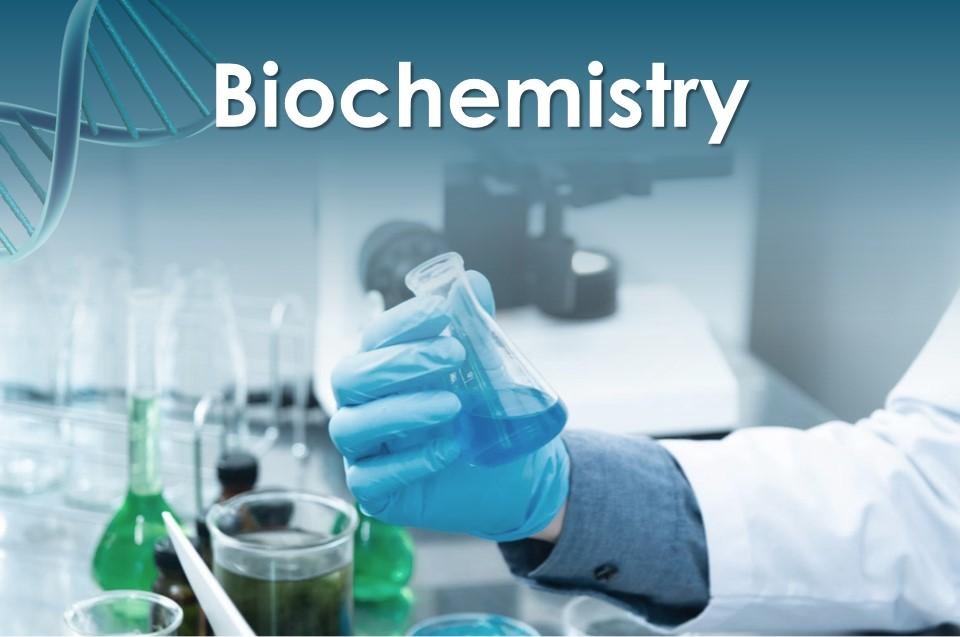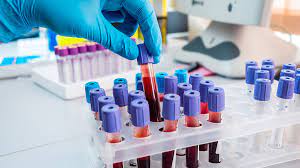
DEPARTMENT OF ORGANIC CHEMISTRY
Organic compounds have an extremely important place in human life. First of all, the units responsible for life such as DNA, proteins and carbohydrates are organic compounds, all the reactions that occur in living things occur with organic compounds, and it is not possible to understand life without knowing organic chemistry, at least from a physical point of view. In addition, many things we use in our lives, from the clothes we wear to the drugs we use to cure diseases, are either organic or related to organic. Some important areas where organic compounds are used;
| Natural and synthetic fuels and oils |
Medicine - drugs |
Paint chemistry |
| Food-Food preservatives and additives |
Petrochemistry |
Cosmetic Chemistryı |
| Explosives (high energy materials) |
Agriculture |
Textile Chemistry |
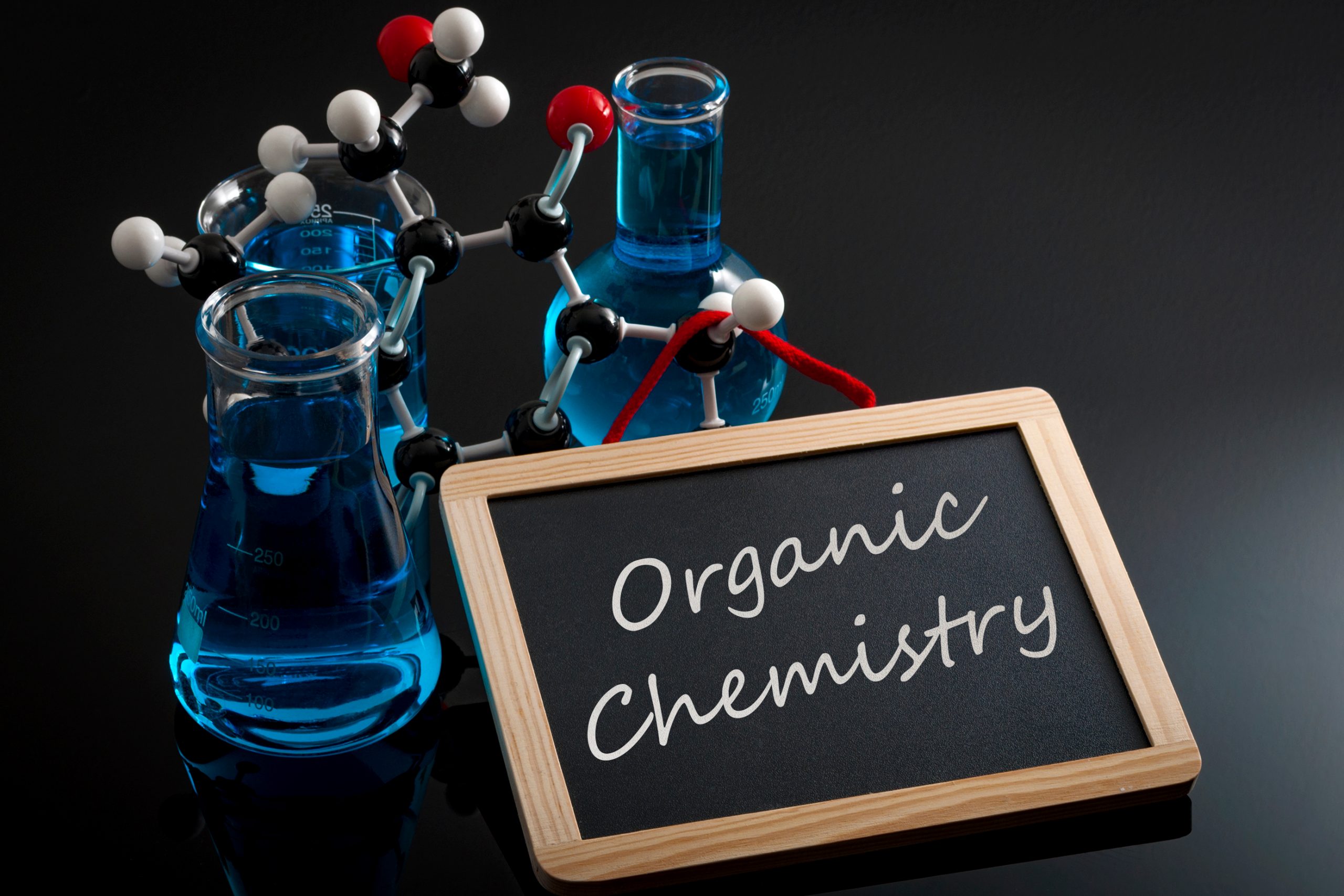
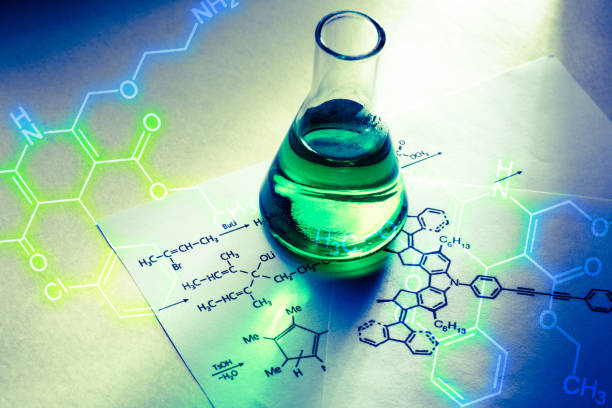
DEPARTMENT OF ANALYTICAL CHEMISTRY
Analytical chemistry is the branch of science in which the chemical components of a particular substance or the quality and quantity of some of its chemical components are studied. Chemical analysis is applied in two ways, respectively, qualitative (qualitative) and quantitative (quantitative). Qualitative type of analysis, which is used to find out which components (elements or compounds) a substance consists of; The type of analysis that helps to find out the level of each of these components is called quantitative analysis. Various devices and analysis methods are developed according to analysis needs.
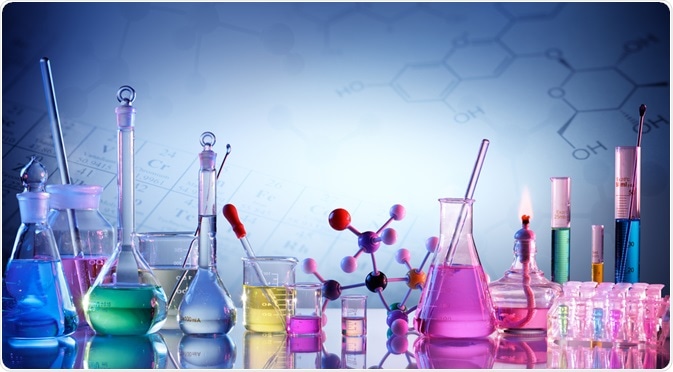
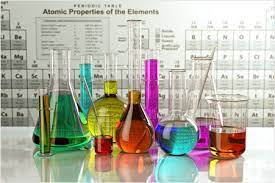
DEPARTMENT OF PHYSICAL CHEMISTRY
Physical chemistry is a multidisciplinary science that lies between physics and chemistry. It emerged because of the application of physical processes to chemistry and the attempt to explain chemical processes with physical methods. Physical chemists generally study the effects of physical factors such as temperature and pressure on substances and chemical reactions, how chemical reactions occur, and the behavior of matter at the molecular and atomic level. It also has tasks such as analyzing materials, developing methods for testing and characterizing their properties, and putting forward theories about these properties. They use mathematical analysis and statistics on huge datasets, sometimes containing millions of data points, to reveal hidden information about compounds, materials, and processes. They can also perform simulations by developing mathematical equations that predict how compounds will react over time. Physical chemistry is a good field for chemists who have a strong interest in how things work at the atomic level and enjoy working with laboratory instruments and apparatus.
Sub branches of physical chemistry;
| Thermodynamics |
Chemical kinetic |
Quantum chemistry |
Electrochemistry |
Polymer chemistry |
| Theoretical chemistry |
Photochemistry |
Spectroscopy |
Surface chemistry |
Biophysical chemistry |
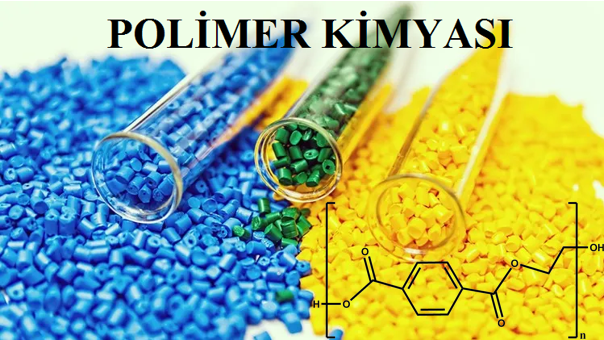
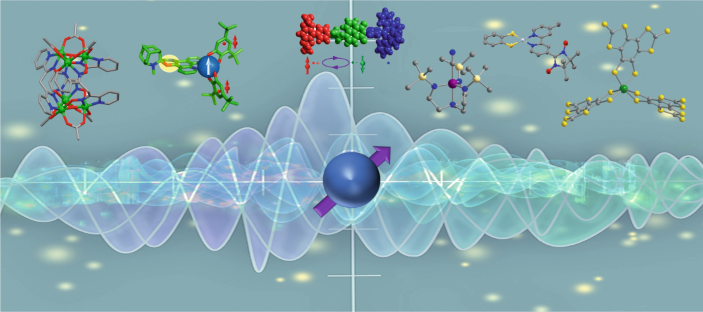
DEPARTMENT OF INORGANIC CHEMISTRY
Inorganic chemistry deals with the synthesis and behavior of inorganic and organometallic compounds and encompasses all chemical compounds except the numerous organic compounds (carbon-based compounds) that are the subject of organic chemistry. It is known that there are approximately 100,000 inorganic compounds in our world. Inorganic chemistry studies the behavior of these compounds along with their physical and chemical properties. Elements of the periodic table other than carbon and hydrogen are included in the lists of inorganic compounds.
It has applications in all areas of the chemical industry, including catalysis, materials science, pigments, surfactants, coatings, pharmaceuticals, food, ceramics, fuels and agriculture. Many of the elements are technologically important: for example, titanium, silicon, iron, nickel and copper are used structurally and electrically. Also, transition metals form several useful alloys with each other and with other metallic elements.
Sub-branches of inorganic chemistry;
| s-Block Elements |
Acids, Bases and Salts |
Coordination Chemistry |
| p-Block Elements |
Organometallic Chemistry |
Valence Bond Theory |
| Transition Elements |
Crystal Field Theory (CFT) |
Chemical Bonding |
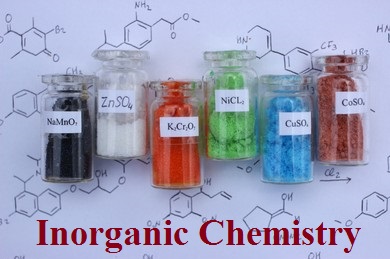
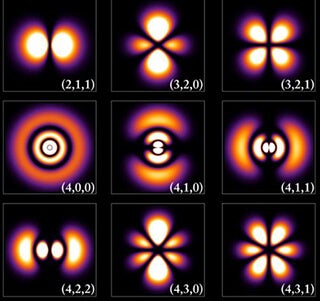
DEPARTMENT OF BIOCHEMISTRY
Biochemistry is the science that studies the chemical substances in the structure of all living things in the form of plants, animals and microorganisms and the chemical processes that go on throughout the life of the living thing. The aim of biochemistry is to analyze the structural and quantitative analysis of organic compounds such as proteins, carbohydrates, lipids, which are the basic components of the cell, and DNA nucleic acids, vitamins and hormones that play the greatest role in vital chemical reactions. Investigation of life processes such as the protein composition in living things, the conversion of nutrients into energy, and the transmission of hereditary characteristics through chemical mechanisms are also of interest to biochemistry.
